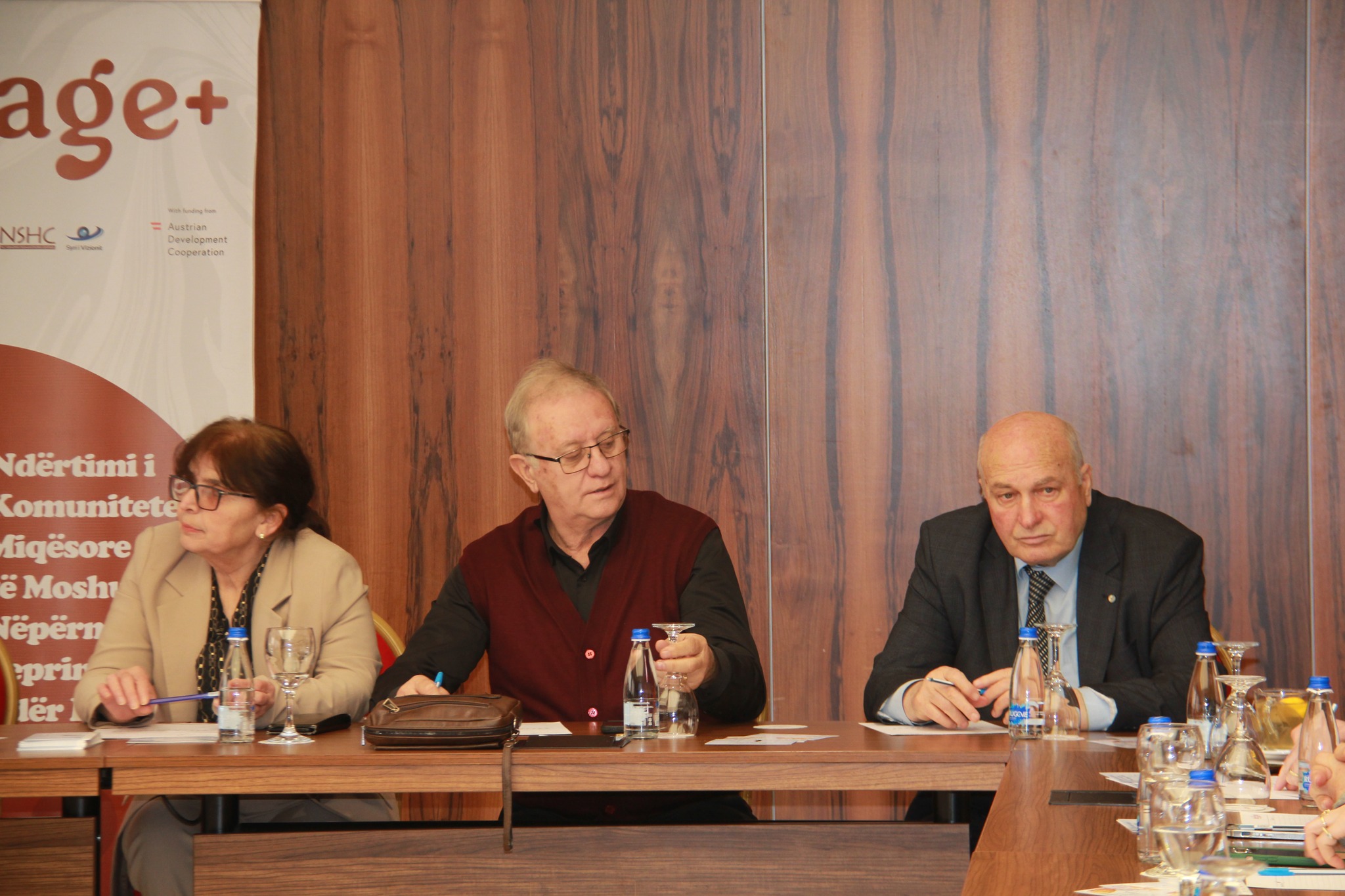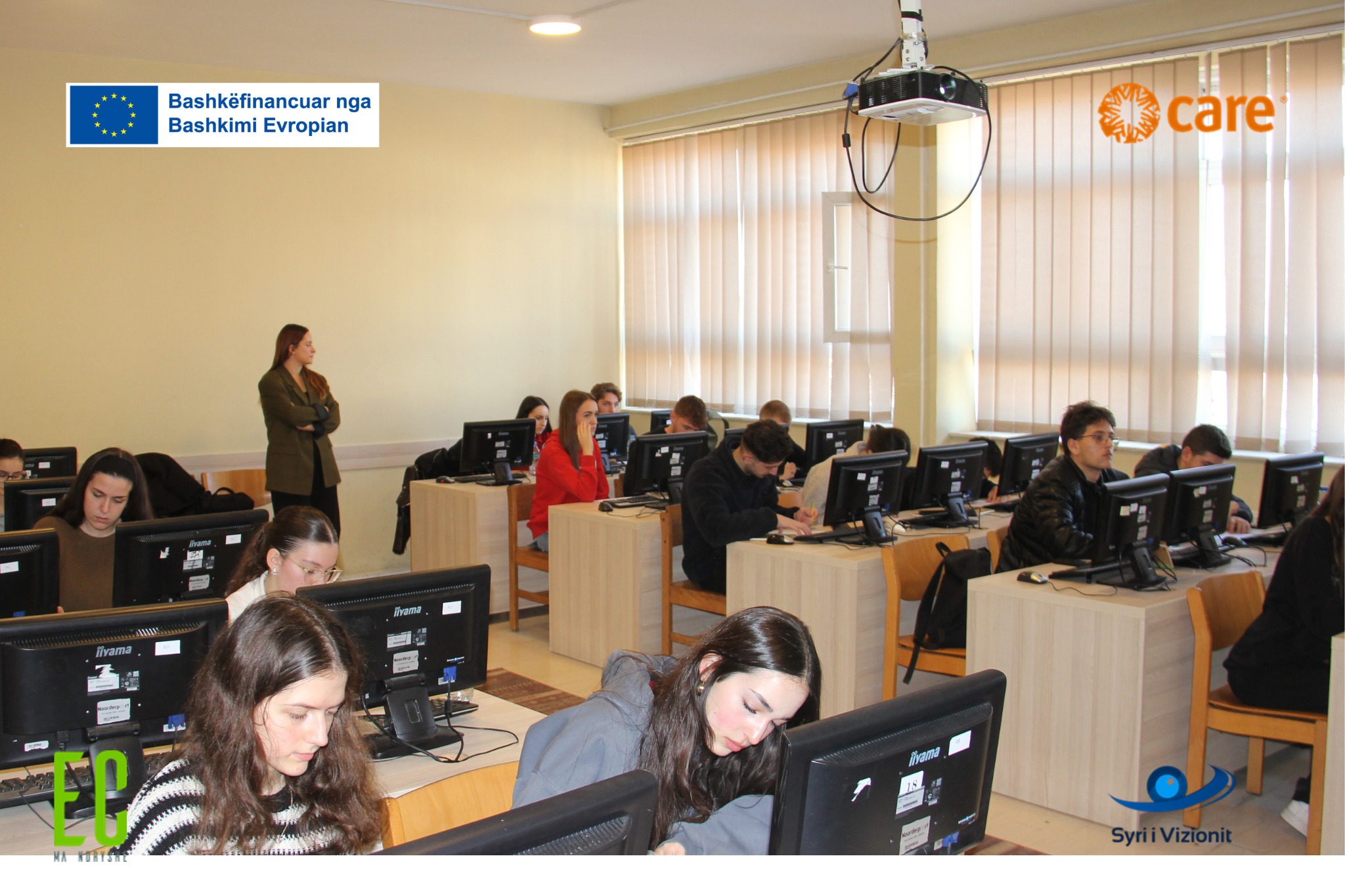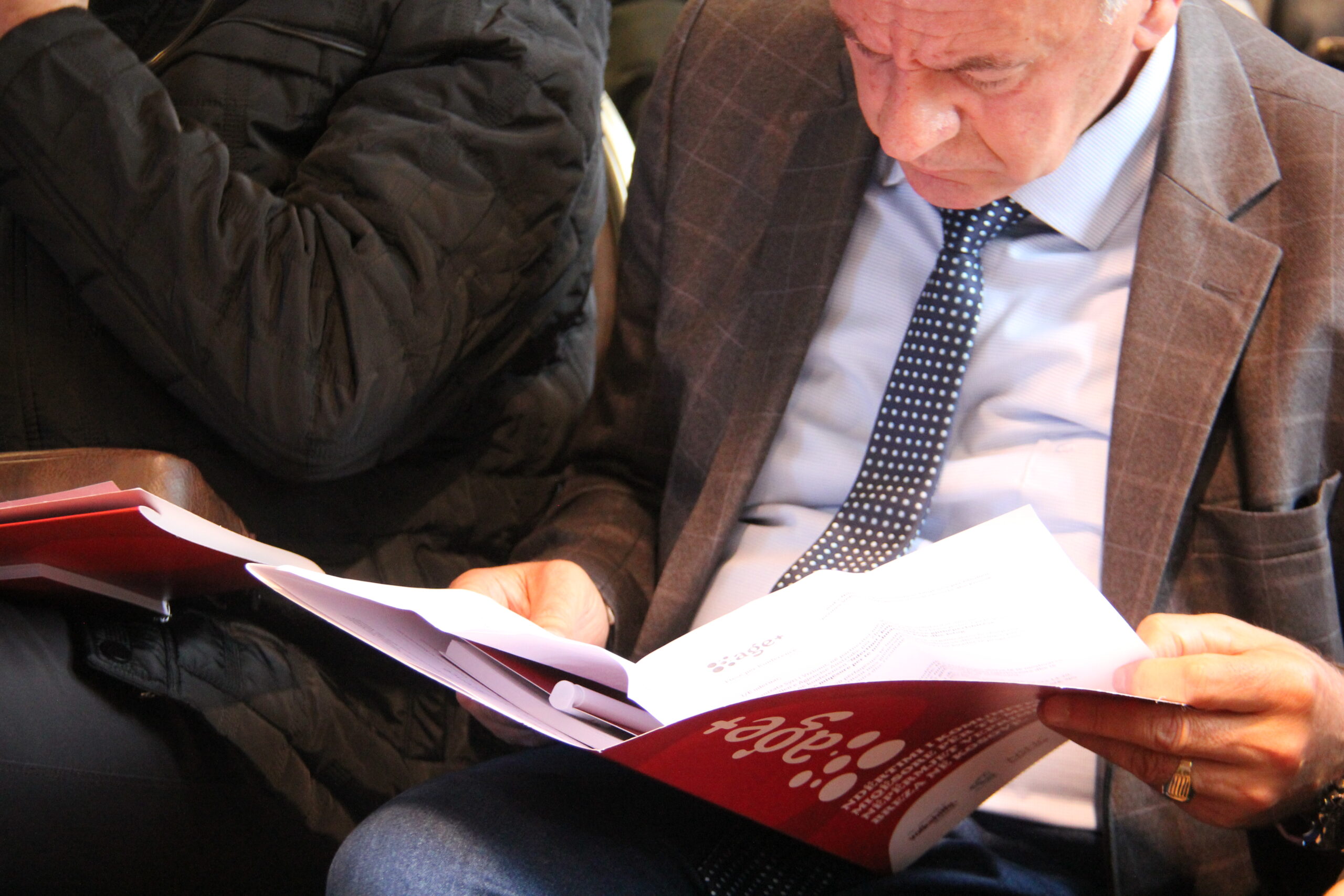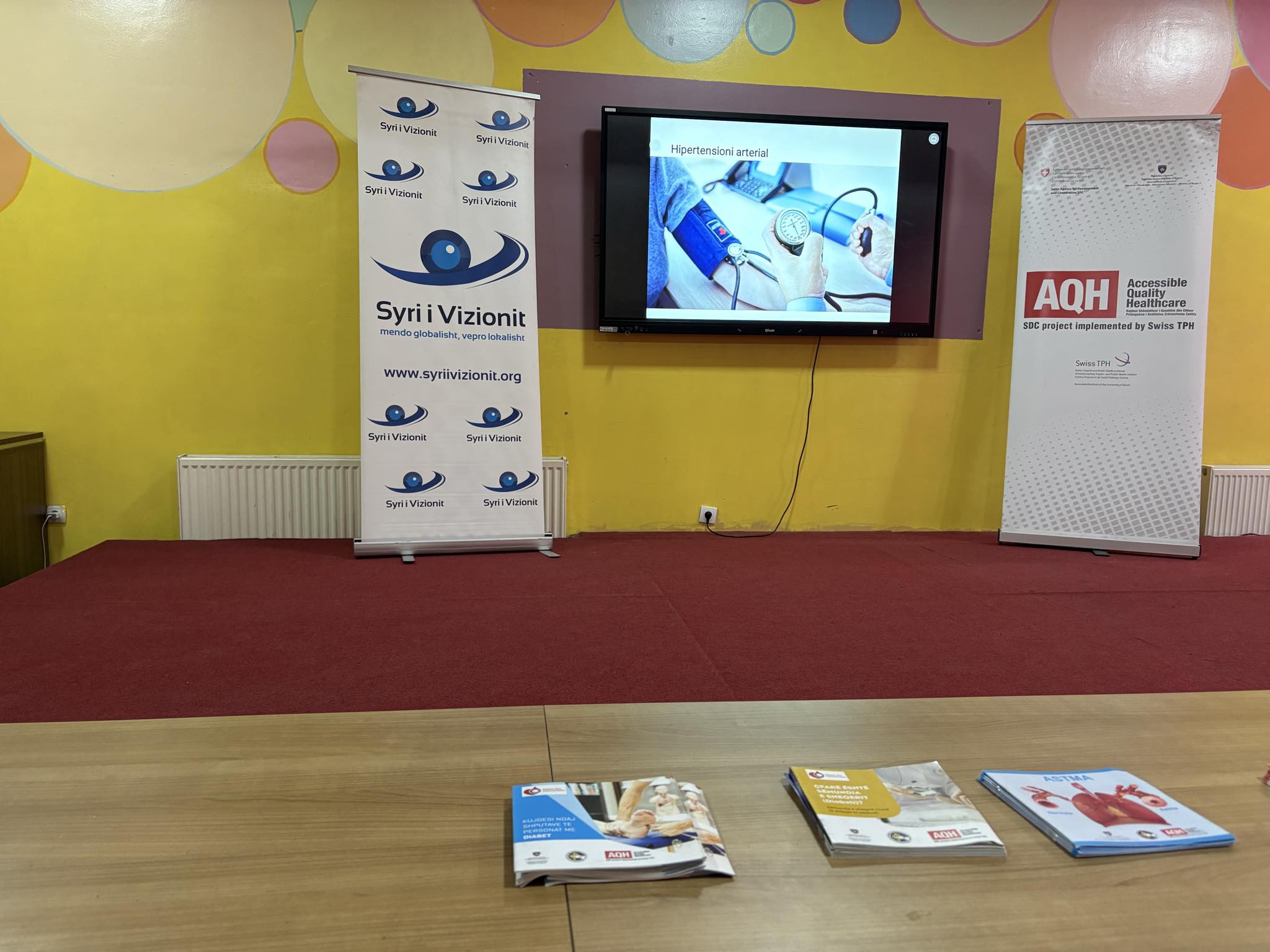Peja, September 27, 2013 – Democracy in Action (DnV), within the project for the inclusion of women in the electoral processes, held a public debate in Peja, during which the challenges of women’s representation in the electoral process were discussed. Mainly, in the debate, it was assessed that the level of representation of women in electoral processes and in political life in general is quite low and work must be done in this direction in a serious and continuous manner.
Shqipe Gjocaj, project manager at KDI, has discussed the low involvement of women in the electoral process, and I estimate that one of the causes of this situation is the very fact that women’s involvement in the electoral process continues to be treated simply as a ‘women’s issue’ ‘ expected to be discussed among women. She appreciates that the presence and contribution of women should be considered a joke with great political weight, because otherwise I will continue to prevent the will of women to vote as informed and independent voters.
Abdurrahim Haxhisefa, head of the MEC of Peja, said that both men and women have the same rights, including the gender quota as an additional mechanism for the inclusion of women in the electoral management bodies. According to him, the choice of the issue depends on the women themselves and no one else.
However, Sebahate Çorkadiu, official for gender equality in the KK of Peja, said that this stagnation of gender equality results from various factors. According to her, the pushing instance is the political entities. However, the lack of reaction from the CEC as well as from women in general for such a low involvement of women in the electoral process hinders efforts for balanced gender representation. Further, Qorkadiu said that women are the ones who should lobby for themselves, and voting is one of the actions that enable proges in this perspective.
The candidate for mayor of Istog, member of the Parliament of Kosovo, Donika Kadaj-Bujupi, has emphasized that compared to the region, Kosovo has progressed in terms of gender equality. According to her, she considers the problem of low involvement of women to originate from political subjects. She also points out that the time for awareness campaigns has already passed, because women are aware of the process. But what needs to be done next is to ensure that women are ready to fight for executive positions.
Other participants have assessed that women are being discriminated against in general even by the government. According to Shkëndije Haliti, from Vetëvendosje, initially, the discrimination is being done by the local government. On the other hand, the problem of women in rural areas has also been discussed. The participants emphasized the need for greater engagement of women, asking the political entities to give them more space. However, the support of women for women, and the vote of women for women as a guarantee for progress in this process was the key recommendation from the participants.
###








